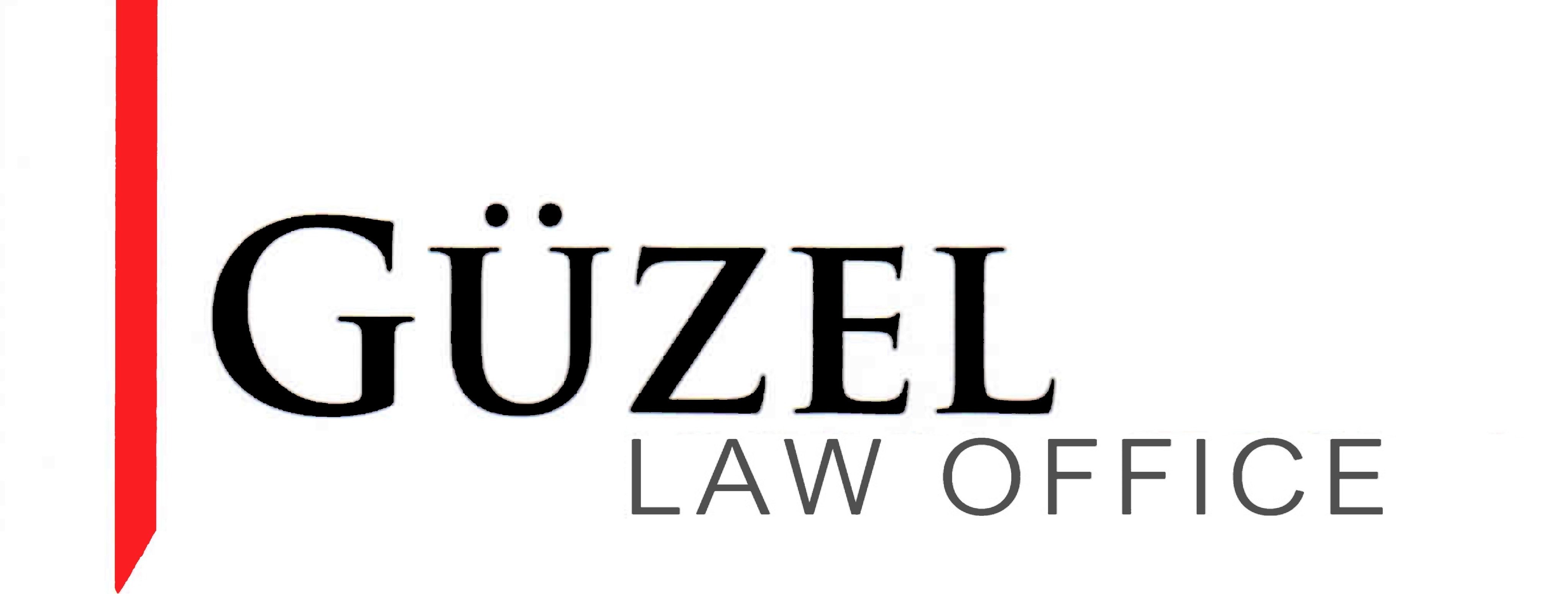SETTLEMENT REGULATION HAS ENTERED INTO FORCE
The Regulation on Settlement Procedure to be Applicable in Investigations Regarding Agreements Restricting Competition, Concerted Practice & Decisions and Abuse of Dominant Position entered into force by being published in the Official Gazette dated 15.07.2021 and numbered 31542. The Competition Board (‘Board’) has published a draft regulation which introduced the settlement mechanism to Turkish competition practice on 18.03.2021 and submitted it to the public opinion. You can access our article about draft regulation on https://guzel.av.tr/settlement-procedure-in-turkish-competition-law/
- According to the 4th paragraph of the 4th article of the draft regulation published on 18.03.2021, the amount of reduction in fines that can be made up to 25% as a result of settlement has been determined from ten percent to twenty-five percent in the regulation that entered into force.
- By the amendment made in the Article 5, the period of time that parties to the investigation have to respond to the settlement meetings held by the Board after the notification of invitation has been changed from ‘’reasonable days’’ to ‘’15 days’’ by the regulation entered into force.
- The minutes of settlement negotiations which are stated in Paragraph 4 of the Article 6 are defined as internal correspondence with the addition made in the regulation entered into force. Thus, the parties to the investigation will be prevented from seeing the report.
- Amendments have been made with the regulation came into force on the issues which provide that relevant undertakings will be informed and their opinions will be taken in a way that will not jeopardize the security of the investigation during settlement negotiations. According to this amendment, undertakings will not be informed about the duration of the alleged violation and their statements will not be received. Knowledge of the duration of the violation is important in terms of ensuring transparency. Therefore, we argue that this amendment is inconvenient in terms of transparency within in the scope of settlement.
- Board made some changes regarding the matters to be included interim decision of settlement following the completion of the settlement negotiations. According to this amendment; (i) The duration of violation has been removed, (ii) The word of ‘’minimum’’ regarding the administrative fine calculated within the scope of the Penal Code has been removed (iii) The words of ‘’minimum’’ and ‘’maximum’’ have been removed from the phrase ‘the minimum and maximum discount rate to be applied within the scope of the Active Cooperation Regulation.’ Within the scope of the Penalty Regulation Competition Authority, may impose administrative fines to undertakings at rates such as 0,5%, 2%, 4% of their turnover depending the competition violations. In the draft regulation, there was still no clarity on the certainty of the fine to be applied while determining the discount rate to be applied pursuant to the interim decision of settlement upon the parties’ settlement. This situation, as we mentioned in our previous article, was contrary to legal certainty. Certainty of fine rates is important to ensure legal certainty for undertakings that prefer settlement. However, we think that the regulation as it stands is not qualified to provide certainty.
- Another addition in the regulation entered into force is to reduce the fines to 10% of the gross income if the maximum administrative fine calculated exceeds 10% of the gross income of the undertakings or association of undertakings. According to the addition, the gross income to be taken into account while determining the discounts is the annual gross income of undertakings, association of undertakings or the members of association generated at the end of the fiscal year preceding the settlement final decision or, if it is not possible to calculate it, at the end of fiscal year closest to the settlement final decision date.
- In Paragraph 1 of Article 8, there has been a change in the content of the settlement text to be submitted if the settlement party accepts the matters stated in the settlement interim decision. While, in the draft regulation, there is a clear statement of the settlement party that it accepts the duration of violation, its consequences and responsibility for violation, these issues are not included in the regulation entered into force. In fact, we think that it would be more appropriate to have a secondary regulation in this regard since settlement with the acceptance of the violation is required by law. The fact that the said responsibility statement is not included in the regulation entered into force indicates that the settlement party can make the settlement decision the subject of a lawsuit. Therefore, the removal of the statement of responsibility included in the draft regulation restricting the right of defense was not included in the regulation entered into force is appropriate.
- With the amendment in 3rd Paragraph of Article 8 of the regulation entered into force, it is regulated that if there are missing elements in the settlement text submitted, the Board will notify the parties for once that these missing elements must be completed within seven days, otherwise, it will be deemed that it will be accepted that the process did not result in settlement, the ordinary investigation procedure will be followed, and the information and documents submitted within the scope of settlement will be removed from the file.
- Another change in the regulation entered into force is in the matters to be specified in the final settlement decision. In the Subparagraph b of Paragraph 2 of Article 9 of the regulation, the phrase ’the duration of violation’ has been removed. Knowledge of the duration of the violation is important in terms of ensuring transparency. Therefore, we argue that this amendment is inconvenient in terms of transparency within in the scope of settlement.
- The last changes in the regulation entered into force are in the 11th Article titled “The process does not result in settlement’’. The situation that missing elements in the settlement text are not completed in due time has added to cases where the process does not result in settlement that explained in the first paragraph of the relevant article by the regulation entered into force. Again, ‘information and documents’ phrase in the ‘after the settlement is not reached, the information and documents submitted by the settlement party within the scope of the settlement negotiations are excluded from the scope of the file’ sentence has changed to ‘declaration’. We believe that this regulation leads to the restriction of right of defense for other undertakings that do not participate in the settlement. As a result of this, we find this alteration objectionable.
- In addition, two new paragraphs have been added to Article 11. According to these paragraphs; (i) The reasoning of the Board’s decision regarding the termination of the settlement process under Article 4, paragraph 6 or the rejection of the settlement request pursuant to Article 5, paragraph 1, shall be included in the final decision and (ii) in following cases where the process does not result in settlement, invitation sent by the Board within the framework of Article 5 is not accepted, or this invitation is not answered within the time limit, no settlement request will be made.
By the Settlement Regulation, for the parties facing the allegation of competition infringement, the way both to cooperate actively and to receive les fines has been opened in terms of all competition violations in the Competition Authorities investigations. In addition, a way of settlement is possible for ongoing investigations. The parties may apply for settlement by making an assessment of the violation of competition before the investigation report is notified, or they may make this assessment upon the invitation of the Authority. The expected benefit from the implementation is that the parties themselves accept the violations of competition and put an end to the violations of competition by paying a lesser administrative fine.
This regulation came into force on 15 July 2021.
References:
- C. Resmi Gazete, Dated 15.07.2021. Numbered: 31542 <https://www.resmigazete.gov.tr/eskiler/2021/07/20210715.pdf


